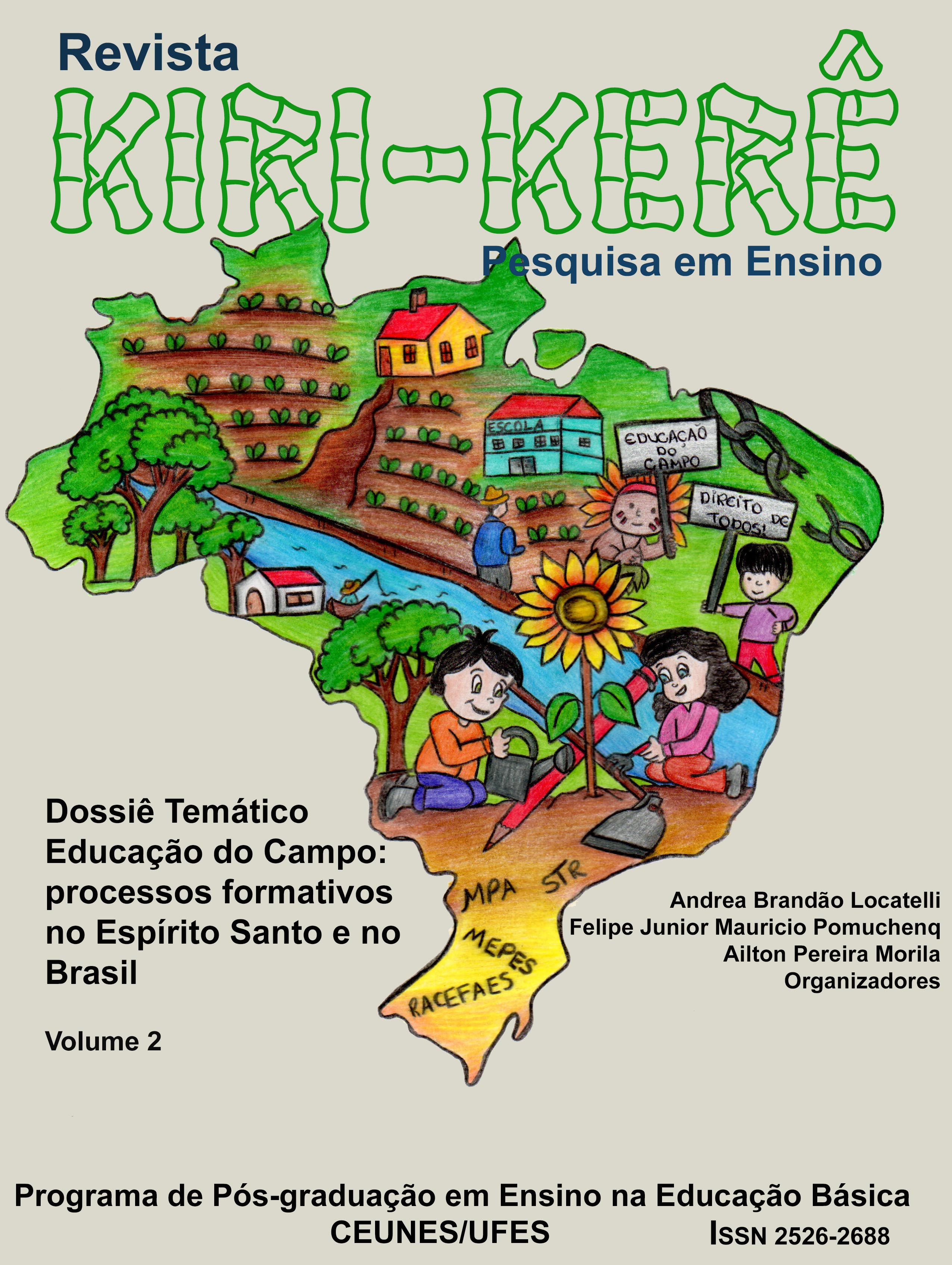Desafios da organização pedagógica e curricular diferenciada em uma escola do campo do Município da Transamazônica - Pará
DOI:
https://doi.org/10.47456/krkr.v2i4.32054Resumo
Este artigo objetiva analisar, ainda que de maneira introdutória, a compreensão e a postura dos profissionais da educação quanto a importância do desenvolvimento de um currículo diferenciado no contexto socioeducativo escolar situada em uma comunidade rural, de modo a atender às demandas identitárias dos diferentes sujeitos coletivos que vivem e trabalham no campo. Problematiza se é possível elaborar um currículo diferenciado nas escolas do campo do Município de Placas/PA; e quais estratégias são necessárias para que práticas educativas diferenciadas orientem as propostas curriculares dessas instituições de ensino. O estudo de cunho qualitativo ocorreu em uma escola pública da rede de ensino municipal, com a participação de um docente que atua nas turmas dos anos finais do Ensino fundamental, da coordenadora pedagógica responsável pelo acompanhamento da escola investigada, e ainda, a direção e coordenação da Escola Polo. Os resultados apontam para a existência de um currículo escolar restrito às adaptações realizadas pelos docentes a partir das matrizes curriculares oficiais elaboradas pela Secretaria Municipal de Educação local, sem que seja oportunizada a incorporação efetiva de temáticas que favoreçam práticas socioeducativas que valorize os saberes tradicionais das famílias camponesas e seus modos de vida, evidenciando uma organização pedagógica das escolas do campo destoada das demandas formativas que respeite as identidades socioculturais existentes no campo.
Downloads
Publicado
Edição
Seção
Licença
Os autores aceitam, quando do envio de seus trabalhos, a cessão dos direitos editoriais dos mesmos.









